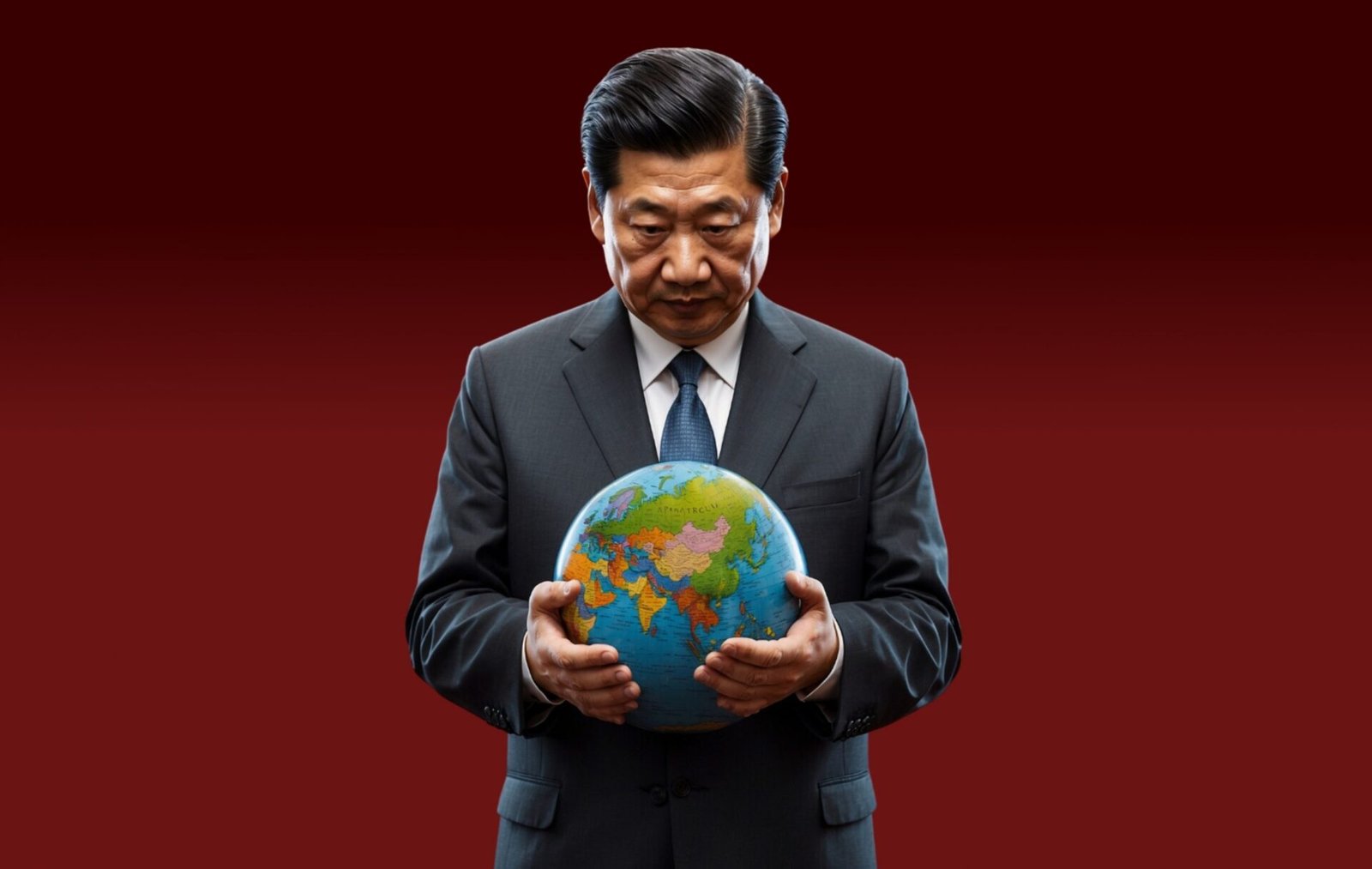The concept of soft power was first popularized by Joseph Nye of the Harvard University in his 1990 book, “Bound to lead, the changing nature of American power.” Joseph Nye familiarized both practitioners and scholars of international relations with coaptive powers as an essential element of state power rather than sole reliance on the coercive powers such as military might.
China, regarded as a civilizational state practiced an imperial ideology in both domestic and foreign relations for over 2000 years during its various dynasties. Tianxia (everything under heaven) elevated the Chinese emperor to the status of “son of heaven” and the rule of the emperor under the “mandate of heaven” regarded the rest of the world as a barbaric periphery.
Owing to such imperial doctrine China never integrated in world affairs until the globalization started by European powers and culminated by the British reached its shores. A century of humiliation (1839-1949) was imposed upon her which is regarded as the nadir of Chinese political history. The Communist revolution led by Mao Zedong ended with Chinese Communist Party (CCP) emerging as victorious in the mainland and the establishment of the People’s Republic of China.
To further enforce ideological purity and entrench the rule of the CCP a gory Cultural Revolution (1966-1976) underwent in the Chinese mainland. Deng Xiaoping famous quip “it doesn’t matter if the cat is black or white until it catches the mice” opened the communist market system of China to private enterprise which is regarded as “socialism with Chinese characteristics.”
Read More: China Marks 88th Anniversary of Resistance War
Exponential growth has axiomatically made China as economic giant during the decades after Deng. The 12th five-year plan (2011-2015) and previously under Hu Jintao’s 17th party congress (2007) blending elements of soft power into the national policies was regarded as a top priority by the CCP. The 2008 Olympics held in Beijing with much fanfared was a watershed moment that illuminated the path towards Chinese ambitions of soft power.
Under the incumbent president Xi, the dream of Chinese rejuvenation which aims at restoring the old mandate of heaven and blending it with a modern sinocratic world view is an ambitious dream that is facing severe challenges. Soft power is not fostered by state policies alone, rather it is a tapestry of ideals, arts, civil society and collective morals of a society.
The United States of America was built on the foundations of life, liberty and pursuit of happiness. The ideal of American dream is pursued by millions around the globe. Despite its wars around the globe and particularly the Middle East, the soft power of USA has still been able to retain the image of USA as the beacon of liberty and democracy. The coasts of Europe, USA and the western world in general are flooded by millions annually.
In-juxtaposition the Chinese Deep-seek might have rattled the market of American Artificial Intelligence firms such Open AI. Huawei has posed challenges to Apple and the Chinese Electronic Vehicle and robotics industries are fiercely competing with its western competitors. Similarly, the People’s Liberation Army Navy (PLAN) has become the largest navy in the world but despite the boom, the real concern for China’s soft power is the avant-garde of science and ideas.
Read More: Extending CPEC into Afghanistan: China’s Role in Regional Normalization
The People’s Armed Police (PAP) outnumbers the People Liberation Army. China has border disputes with 12 of its neighboring countries. The behavior of state authorities during Covid and internal friction in Tibet, Xinjiang, Hong Kong, mars the credibility of Chinese Soft Power. Despite its economic boom, China is not a dream destination especially for those in the developed world.
The Chinese passport is globally ranked at 58th according to the passport index. Under the Monroe doctrine America has been able to pacify the western hemisphere for centuries. China has also pursued a policy of pacifying the periphery but Japan, Taiwan and the Philippines have remained resistant to Chinese dominance.
The World is indeed an inter-connected web of ideas. Confluence of cultures produce new ideas and arts the shape the advancement of the world. However, a new age of strategic autonomy is setting upon us. Brexit and the rise of Trump phenomenon which is for long to stay in the hues of Vance and Rubio is shaping a new world. From Harvard to electronic chips and from tariffs to immigration the Huntingtonian civilizations of the world are drifting apart at an enormous pace.
The forces of globalization that made the world a global village is now further advancing towards an age of global metropolis where competition and technological edge would be as jealously guarded by each state as alliances were guarded in the global village.
If there is light in the soul,
There will be beauty in the person.
If there is beauty in the person,
There will be harmony in the house.
If there is harmony in the house,
There will be order in the nation.
If there is order in the nation,
There will be peace in the world.
(Chinese Proverb)

Idrees Khan
Idrees Khan holds a BS(Hons) degree in Government and Public Policy and is an alumnus of the SUSI exchange program at the University of Massachusetts Amherst. Currently, he is serving as Azerbaijan Youth ministry representative.



